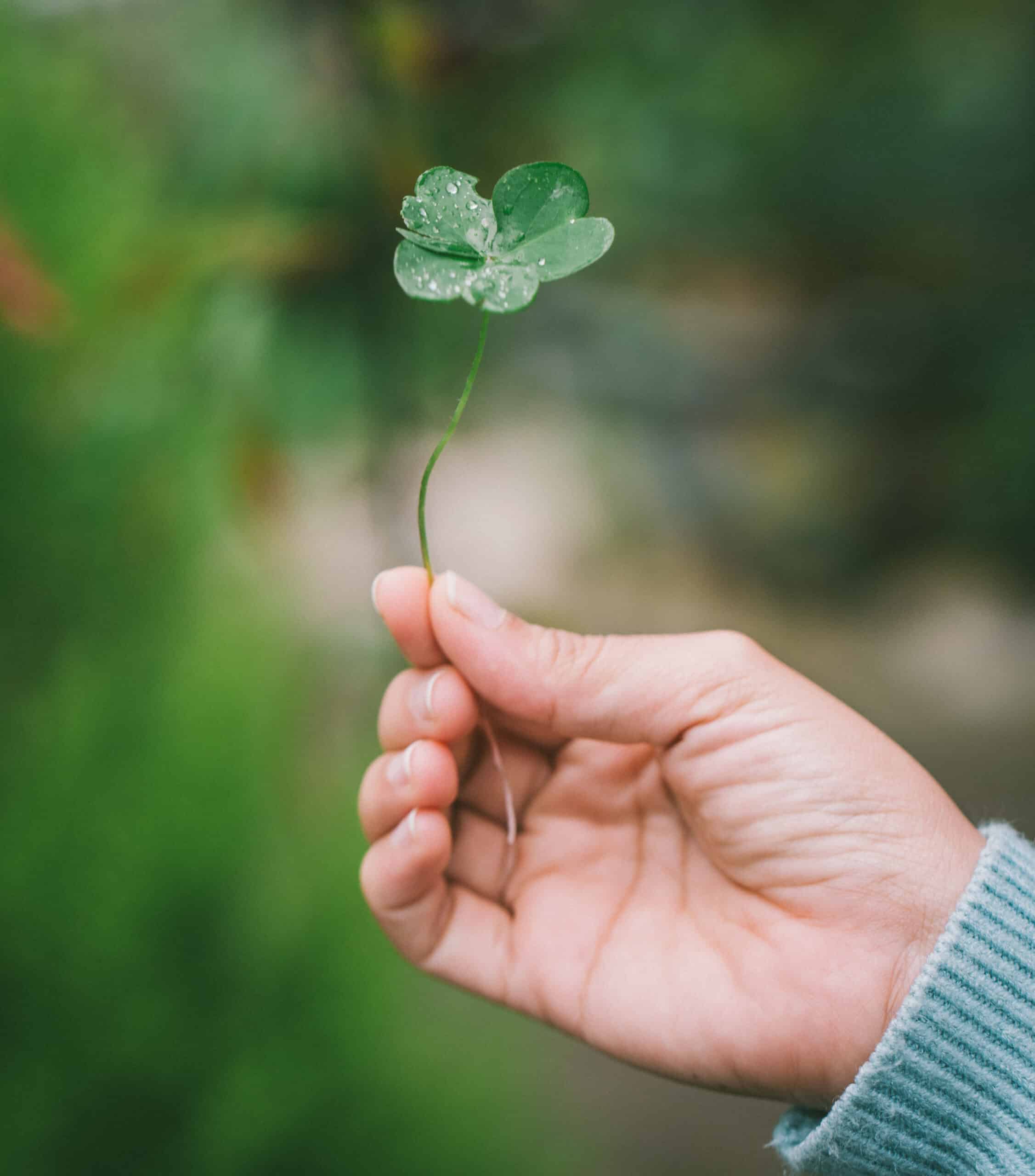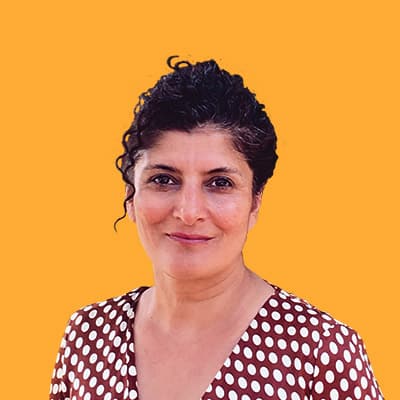As we step into a new year, adorned with hopes and aspirations, it’s worthwhile to reflect on the wisdom shared in my past articles. Let’s draw inspiration from the gems of knowledge, a collection of insights offering guidance to help us traverse the intricate dance of life. Let these resonant words guide us toward a fulfilling and purposeful journey in the coming year.
- “Our deepest fear is not that we are inadequate. Our deepest fear is that we are powerful beyond measure.” Nelson Mandela’s 1994 inaugural speech, written by Marianne Williamson
Guidance: Kick off the year by cranking up the volume on your authenticity. Mandela’s wisdom isn’t just for speeches – it’s an invitation to own your power. Imagine standing centre stage, the solo star of your own show. Embrace your light. Face yourself in the mirror, acknowledging your brilliance. Be more of yourself by knowing, noticing, and focusing on your strengths. Let go of past mistakes, care less about fitting in, and be open to growth.
- “Emancipate yourselves from mental slavery, none but ourselves can free our minds!” – Marcus Garvey
Guidance: To truly break free, the pathway to the brilliant brain involves a conscious choice. By confronting avoided situations, challenging habitual fears, and embracing the present moment, we can reshape neural patterns, fostering creativity, resilience, and optimism. Marcus Garvey’s call to emancipate ourselves resonates as a reminder that true freedom begins within, a journey guided by the power to transcend self-imposed constraints and navigate towards an open, liberated mind.
- “Compassion is a necessity, not a luxury. Without it, humanity cannot survive…” Dalai Lama
Guidance: Let compassion be your guiding principle. Cultivate compassion within, starting with feeling it for yourself and let it radiate outward to all that lives and the home we live in. Nurture self-compassion. Ditch the notion that self-criticism leads to altruism. Scientifically proven exercises can replace self-criticism with kindness, fostering resilience, optimism, and kindness toward others. The golden rule, “Do unto others as you would have them do unto you,” underscores the importance of compassion. Meaningful connections, problem-solving, and improved well-being flow from this core principle.
- “No one can make you feel inferior without your consent.” Eleanor Roosevelt
Guidance: Challenge stereotypes with self-compassion. Eleanor Roosevelt’s words remind us of the power we hold in defining ourselves. Resist internalizing judgments, and focus on self-improvement.
- “When we suffer our suffering, it is only then, after time, do we rise out of it, much like a personal resurrection.” Farah Naz
Guidance: Find hope in suffering. Acknowledge the complexity of grief. Instead of fighting life’s inevitable challenges, accept and manage them. Suffering, when faced, can lead to living with deep wisdom.
- “Accepting the inevitable is the beginning of strength.” Eleanor Roosevelt
Guidance: Find strength in acceptance. Eleanor Roosevelt’s wisdom extends to embracing life’s inevitabilities. Compartmentalization is a valuable tool – acknowledge, organize, and deal with life’s challenges in manageable portions.
- “Good luck, bad luck, who knows?” Chinese Proverb “Life is a journey that must be travelled no matter how bad the roads and accommodations.” Oliver Goldsmith
Guidance: Embrace life’s uncertainties with the mindset of this proverb. What seems like bad luck may turn into good fortune. Navigate through uncertainties with resilience and an open mind. Even in the crucible of suffering, there’s an undercurrent of hopefulness. Embrace the inevitability of endings as a gateway to new beginnings.
- “You can’t win an argument; you can’t because if you lose it, you lose it; and if you win it, you lose it.” Dale Carnegie
Guidance: Amidst the serene olive groves, where olives and olive branches sway gracefully in the breeze, the Israel-Palestine conflict becomes a poignant metaphor. The pursuit of victory, deeply embedded in this historical struggle, echoes Dale Carnegie’s timeless wisdom. Both geopolitical conflicts and personal relationship disputes often lead to a hollow ‘victory’ that sacrifices dialogue, compromise, and empathy. As we draw parallels between olive groves and relationship dynamics, it becomes clear that understanding, active listening, and compromise are the keys to resolution. The pursuit of genuine connection should triumph over the illusion of ‘winning’.
9. “Recognize that healing is a journey, not a destination.” Farah Naz
Guidance: Trauma permeates our society. Practical steps, like connecting with others or seeking professional support, align with the body’s natural healing processes. Supporting someone in trauma involves small gestures, consistent communication, inclusive invitations, and respecting their pace. Healing is a gradual process, and each thoughtful action contributes to a beautiful composition of recovery. Recognizing that a society with many traumatized individuals can be dysfunctional and even violent emphasizes the need to heal and uplift for the well-being of all.
- “Three grand essentials to happiness in this life are something to do, something to love, and something to hope for.” Joseph Addison
Guidance: In the intricate dance of chasing happiness, often akin to capturing butterflies that disintegrate upon touch, we find ourselves living by patterns learned in our formative years. Whether it’s the pursuit of winning, material acquisitions, or the upkeep of personal beauty, we often unconsciously chase elusive ideals. Psychologist Abraham Maslow’s timeless ‘Hierarchy of Needs’ offers insights, emphasizing that genuine happiness emerges when fundamental needs – physiological, safety, love, esteem, and self-actualization – are met. While Maslow’s pyramid set a foundation, contemporary psychological research suggests a nuanced understanding of unmet needs, emphasizing attention, safety, purpose, connection, challenge, intimacy, control, and status. The key to lasting happiness lies in actively addressing these needs, fostering a state of well-being that helps navigate life’s inevitable storms. Happiness, as William Arthur Ward wisely notes, is indeed an “inside job”, achievable by recognizing and meeting our intrinsic human needs step by step.
- “Always remember … we may not be in control of our situations, but we can control our reactions to them.” Farah Naz
Guidance: Navigating the intricate relationship between imagination and anxiety, the focus is on understanding the brain’s response to persistent worries, which can escalate into anxiety. Externalizing worries through writing or vocalizing is highlighted as a means to regain control over reactions. The importance of discerning controllable worries and creating action plans is emphasized for maneuvering through anxiety. A purposeful use of imagination where we envision successful coping strategies, resilience, bravery, and confidence emerges as a powerful antidote to the relentless grip of anxiety.
- “To keep a resolution, a neuro-pathway, like a muscle, has to be built, and we have to want that behavior.” Farah Naz
Guidance: Build resilient neuro-pathways. Successful resolutions require thoughtful setting. Build resilience, desire the change, and take small, intentional steps. Establish a supportive social group for a higher chance of resolution success.
Final words
As we embark on a new year, let the shared wisdom be a compass, guiding us towards our best selves and fostering a more peaceful, resilient society. Picture this journey as a collective masterpiece, where understanding personal power, fostering compassion, and building resilience intertwine, contributing to a harmonious and flourishing society. May this year be a canvas for self-discovery and meaningful connections, creating ripples of peace in our interconnected world.
By Farah Naz
|| features@algarveresident.com
Farah Naz is a UK trained Psychotherapist of more than 30 years, and is a Clinical Hypnotherapist, with a special interest in neuroscience. She has worked with thousands of people globally for a range of issues. Farah has trained national organisations, corporate companies, doctors, teachers and health workers on psychological-related issues. Currently, she has an online international practice and a private practice in the Algarve.
Do you have any questions you would like Farah to address in her column?
info@iamfarah.com | www.iamfarah.com















